(By Ayesha Mohsin)
In the stormy currents of global politics, few stories shine brighter with hope and complexity than that of Zohran Mamdani. Born to Indian-Ugandan heritage, raised in New York City, and standing at the vanguard of progressive American politics, Mamdani’s rise is not merely the tale of a political campaign—it is a testament to the evolving identity of Western democracies and the uncomfortable truths they provoke abroad. At once celebrated as a trailblazer in the United States and maligned by Indian media, his journey spotlights a world where inclusion meets resistance, and conscience invites controversy.
Early Life and Background
Zohran Kwame Mamdani was born in Kampala, Uganda, in 1991, the son of renowned Indian filmmaker Mira Nair and Ugandan academic Mahmood Mamdani. His heritage was shaped by displacement, diversity, and diaspora. At the age of seven, Mamdani moved with his family to New York City, where he would eventually become a naturalised American citizen in 2018.
Educated in the public schools of New York and later earning a degree in Africana Studies from Bowdoin College, Mamdani’s worldview was firmly rooted in the lived realities of race, class, and injustice. Before entering politics, he worked as a foreclosure prevention counsellor in Queens, helping low-income homeowners navigate housing insecurity—a role that foreshadowed his future legislative priorities.
Political Rise in New York
Mamdani’s formal political debut came in 2020, when he won a seat in the New York State Assembly, representing District 36—an area encompassing Astoria and Long Island City. Running as a Democratic Socialist under the aegis of the Democratic Socialists of America (DSA), Mamdani brought a fearless authenticity to local politics. He became one of a rare few Muslim elected officials in New York, and even more distinctively, a vocal advocate for working-class and immigrant communities.
In the Assembly, Mamdani championed fare-free public transport and introduced legislation to create a Social Housing Development Authority. He helped secure over $100 million for expanded subway services and pushed forward policies rooted in social equity, environmental justice, and anti-displacement housing strategies. His politics were unflinchingly bold—and so was his rhetoric.
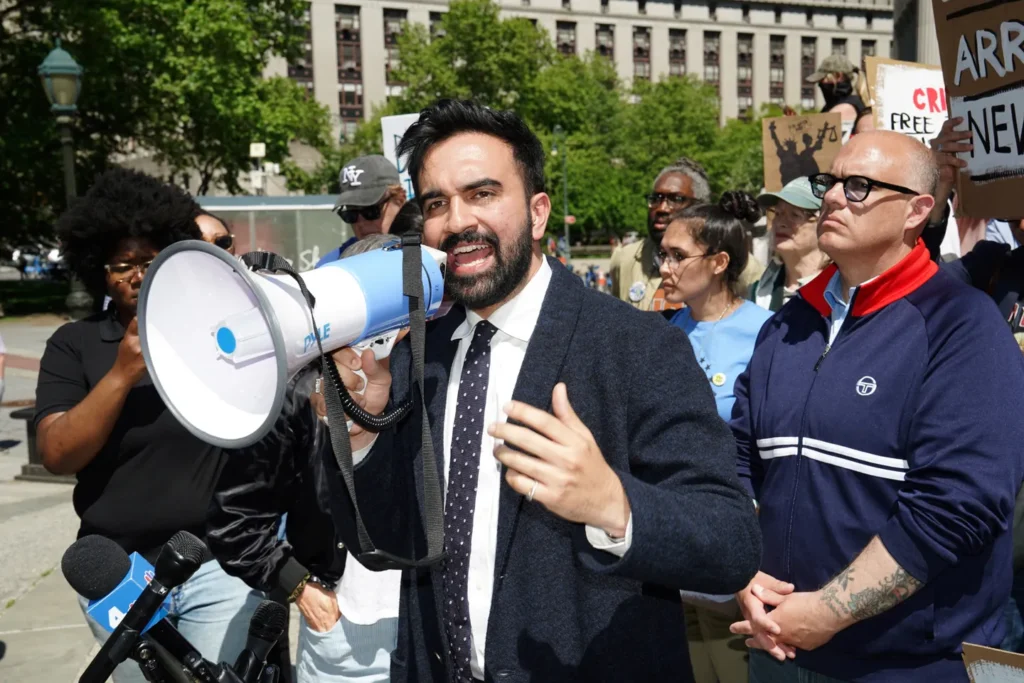
The Mayoral Bid: A Radical Leap
In October 2024, Mamdani announced his candidacy for Mayor of New York City, challenging figures such as former Governor Andrew Cuomo. Critics dismissed him as idealistic and unelectable. But what they underestimated was his ability to mobilise an increasingly diverse and progressive electorate, fed up with the city’s growing inequality, housing crisis, and corporate domination.
His platform included:
- Universal childcare at no cost to working families.
- A $30 minimum wage by 2030.
- City-managed grocery stores in food deserts.
- Expansion of social housing and rent freezes.
He framed his candidacy as a moral imperative to restore dignity to a city pushed to the margins by privatisation and gentrification. Through grassroots organising, a multilingual campaign strategy, and a savvy digital media presence, Mamdani surged to victory in the Democratic primary—turning what many considered a symbolic run into a powerful statement of democratic renewal.
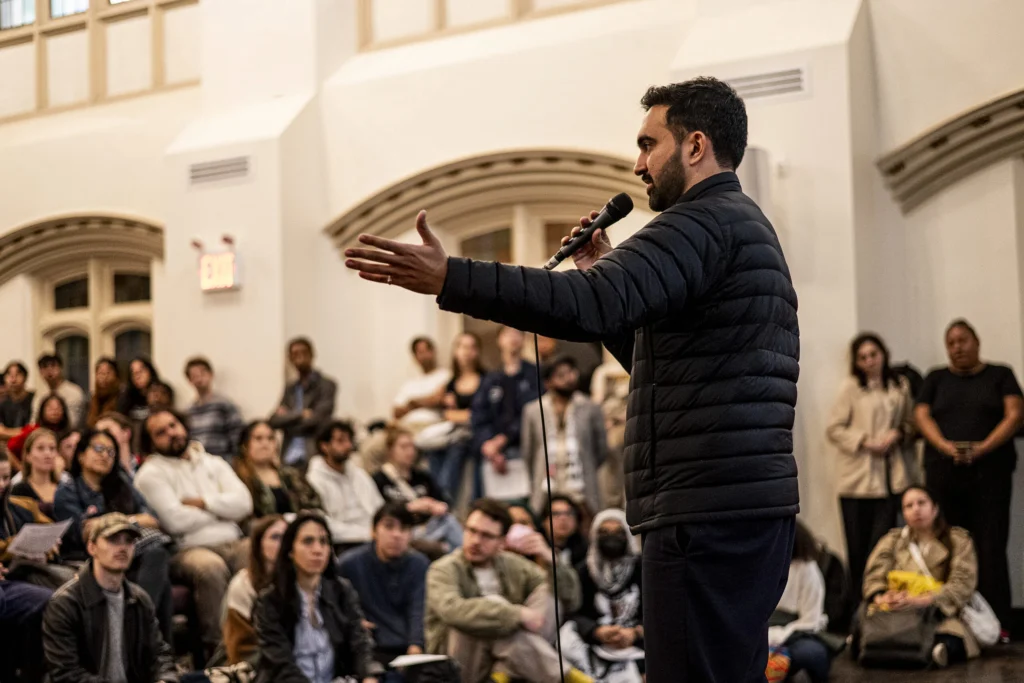
A Symbol of Representation and Empowerment
To Muslim, South Asian, and immigrant communities, Mamdani’s victory signified something far greater than a political win. It was representation reclaimed. He campaigned with cultural fluency—sometimes using Bollywood songs in his messaging and often speaking directly to the challenges faced by New Yorkers of colour.
But Mamdani also insisted on widening the political frame. He did not present himself merely as a symbol; he was a policy-driven reformer, deeply invested in making New York a humane city for all. This made him a beacon not just for his supporters in Queens, but also for progressives across the United States and beyond.
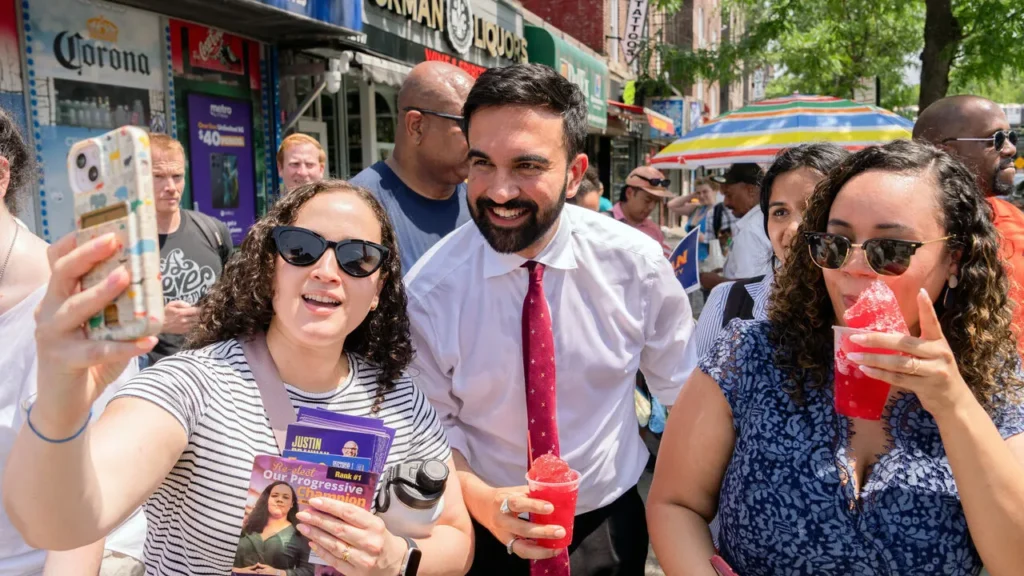
Backlash from the Indian Establishment and Godi Media
However, Mamdani’s meteoric rise did not go unnoticed in India—particularly by the ecosystem colloquially known as “Godi Media.” A term coined by journalist Ravish Kumar, “Godi Media” refers to pro-government Indian media outlets that often serve as mouthpieces for the ruling Bharatiya Janata Party (BJP), dispensing populist nationalism and Hindu majoritarianism.
Mamdani’s sharp criticism of Indian Prime Minister Narendra Modi—whom he labelled a “war criminal” for his alleged role in the 2002 Gujarat riots—struck a raw nerve. Indian news channels, tabloids, and BJP-aligned politicians quickly mobilised to portray him as anti-Hindu and anti-India. Congress MP Abhishek Manu Singhvi sarcastically tweeted, “When Zohran Mamdani opens his mouth, Pakistan’s PR team takes the day off,” implying that his advocacy served Pakistan’s interests.
BJP parliamentarian and actress Kangana Ranaut went even further, accusing Mamdani of “trying to wipe out Hinduism” and claiming he sounded “more Pakistani than Indian.” Such statements were amplified by Indian outlets like ABP News and Times of India, showcasing the reflexive vitriol often directed at Muslim figures who challenge Hindutva orthodoxy.
In truth, Mamdani’s politics align not with any foreign adversary but with global struggles for justice. His opposition to Zionism, support for Palestinian rights, and anti-authoritarian stance draw upon the legacies of Martin Luther King Jr., Nelson Mandela, and Edward Said. Yet, to India’s hyper-nationalist media, dissent is betrayal.
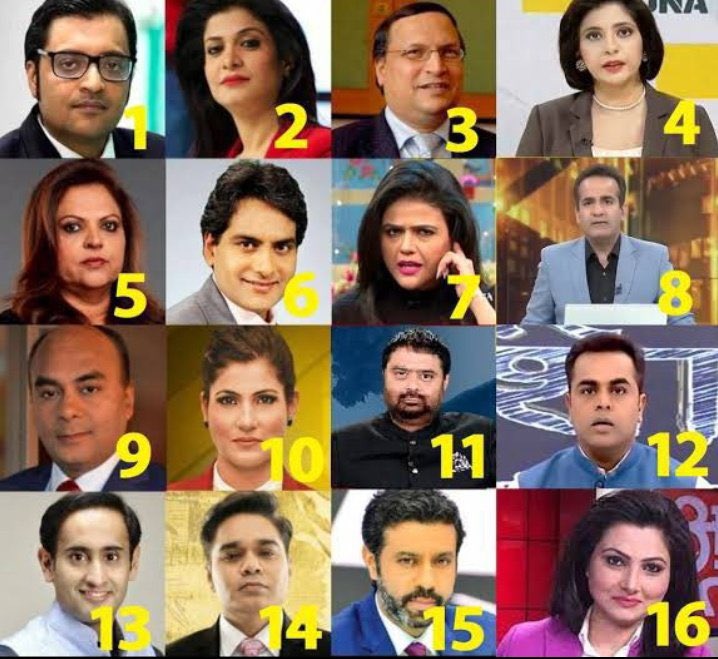
Islamophobia and Racist Attacks in the US
While the firestorm in India grabbed headlines, Mamdani also faced hostility closer to home. Far-right commentators in the United States decried his proposals as “radical socialism.” He was targeted with Islamophobic slurs online and received death threats after questioning the NYPD’s budget and advocating for racial equity.
One particular proposal—that property taxes be adjusted to better reflect the racial wealth gap—was misrepresented by opponents as a call to “tax white people.” Indian-origin attorney Harmeet Dhillon even called for a Department of Justice probe, branding the idea as racially discriminatory. Conservative media like Fox Business framed Mamdani as a threat to New York’s economic status, warning that his policies would “scare away investors.”
Despite the furore, Mamdani did not retreat. Instead, he engaged in dialogue with sceptical constituencies, including Jewish neighbourhoods, where some had been alarmed by his anti-Zionist stances. He remained transparent, empathetic, and resolute—defending both his moral compass and his political programme.
The Global Implications of Mamdani’s Rise
Zohran Mamdani’s story is not confined to New York. It reflects a broader realignment in global politics, where young, diverse, and unapologetically leftist leaders are challenging decades of neoliberal orthodoxy. Figures like Mamdani force uncomfortable questions into the mainstream: What does justice look like in a postcolonial world? Whose history do we remember? Whose suffering do we erase?
His success sends ripples far beyond American shores. For young Muslims in the West, he is proof that faith and public service are not mutually exclusive. For Indians disillusioned by rising religious intolerance and media manipulation, he is a reminder of what inclusive democracy might yet achieve. And for all who believe in the possibility of a more humane politics, Mamdani represents a rare alignment of courage and clarity.
Conclusion
Zohran Mamdani’s ascent is not without struggle. In speaking out against injustice—whether in Palestine, Gujarat, or Queens—he has invited the wrath of entrenched power. From American conservatives to Indian nationalists, the chorus against him is loud and insidious. Yet it is precisely this resistance that confirms his relevance.
He stands not just as a mayoral candidate or a legislator, but as a challenge to systems of oppression dressed up as tradition. His life and politics dismantle the comfort of neutrality, reminding us that silence is not an option in the face of injustice.
In a time when democracy often looks weary, when media amplifies division instead of truth, and when power is wielded more often to exclude than to uplift, Zohran Mamdani offers something radical: hope grounded in integrity. Whether one agrees with his policies or not, the courage with which he meets both admiration and hatred deserves attention.
For the West, he may indeed be a beacon. For India’s Godi Media, a target. But for history, he might just be both—a sign of the future, unbowed by the past.

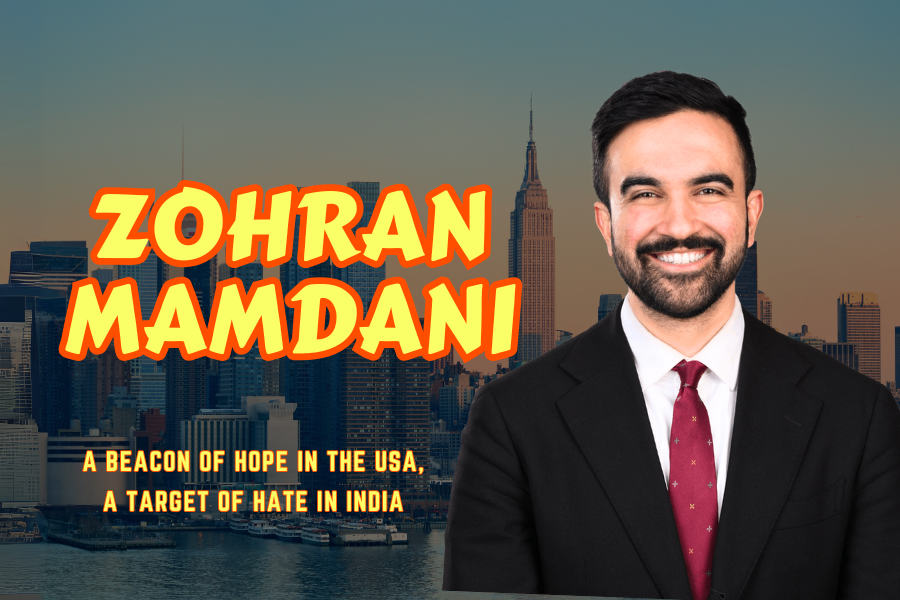

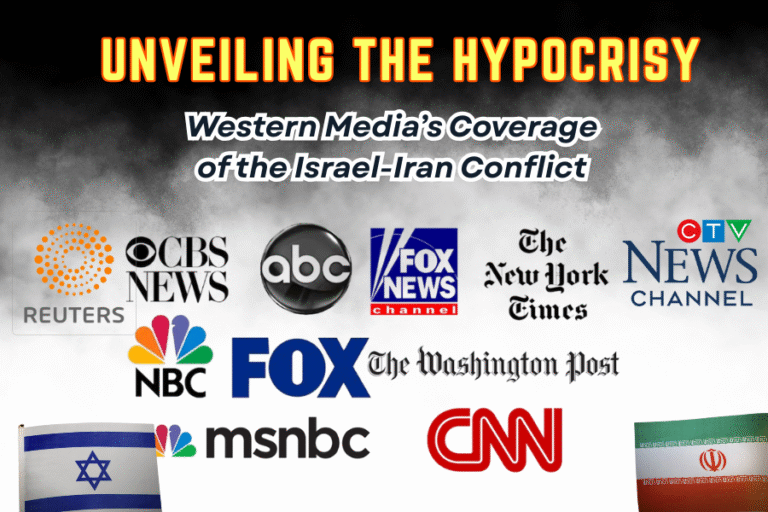

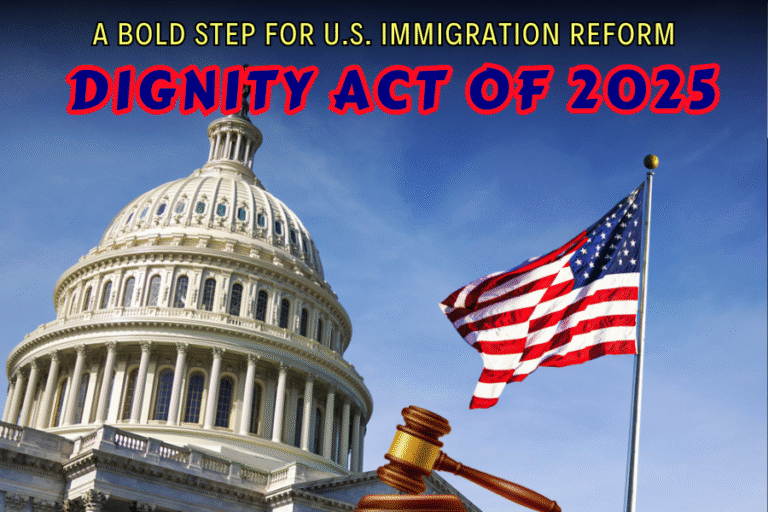


One Comment